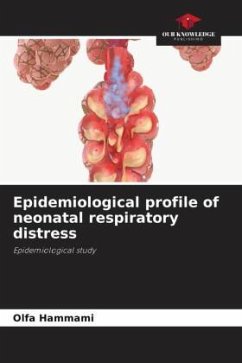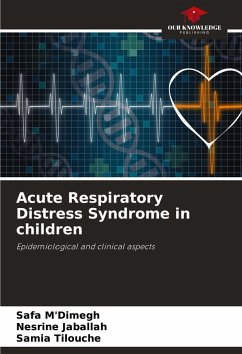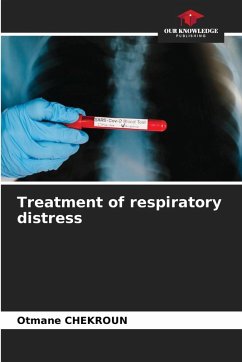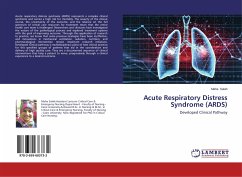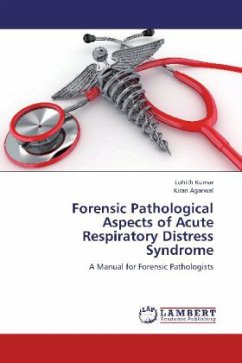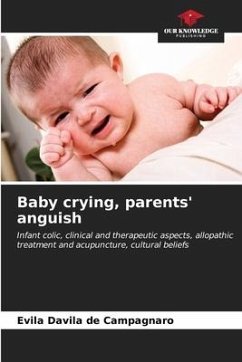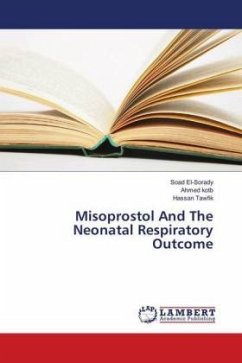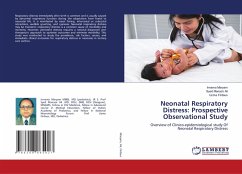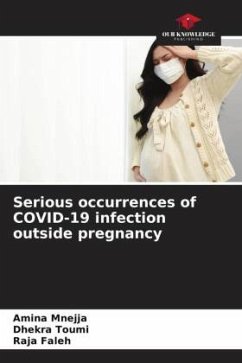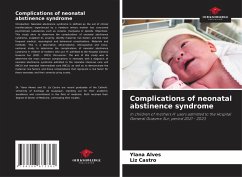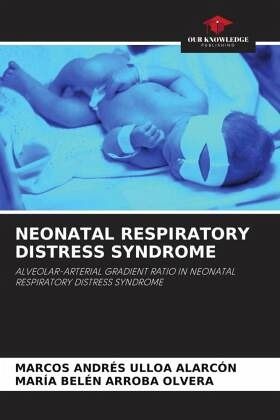
NEONATAL RESPIRATORY DISTRESS SYNDROME
ALVEOLAR-ARTERIAL GRADIENT RATIO IN NEONATAL RESPIRATORY DISTRESS SYNDROME
Versandkostenfrei!
Versandfertig in 6-10 Tagen
29,99 €
inkl. MwSt.

PAYBACK Punkte
15 °P sammeln!
INTRODUCTION: In Ecuador, the main disease affecting newborns is Neonatal Respiratory Distress Syndrome, which causes alterations in the respiratory system; blood gas analysis allows obtaining the arterial alveolar gradient, useful to differentiate hypoxemia. OBJECTIVE: To determine the relationship between the arterial alveolar gradient and the prognosis of Neonatal Respiratory Distress Syndrome in newborns admitted to the NICU/NICU of the Hospital General Guasmo Sur between August 2020 and August 2021 METHODOLOGY: Quantitative, descriptive-analytical, cross-sectional, non-experimental study....
INTRODUCTION: In Ecuador, the main disease affecting newborns is Neonatal Respiratory Distress Syndrome, which causes alterations in the respiratory system; blood gas analysis allows obtaining the arterial alveolar gradient, useful to differentiate hypoxemia. OBJECTIVE: To determine the relationship between the arterial alveolar gradient and the prognosis of Neonatal Respiratory Distress Syndrome in newborns admitted to the NICU/NICU of the Hospital General Guasmo Sur between August 2020 and August 2021 METHODOLOGY: Quantitative, descriptive-analytical, cross-sectional, non-experimental study. Data were collected from the medical records of neonates admitted to the NICU/NICC with RDS in the HGGS. The gradient obtained from the gasometry of the first day of admission was formulated, placed in an Excel matrix and analyzed in IBM SPSS software. RESULTS: A total of 218 newborns diagnosed with RDSDS were recovered. By means of bivariate analysis and Pearson's R index, it was established that the Alveolar Arterial Oxygen Gradient (D(A-a)) represented a good correlation with the clinical prognosis of the neonates studied.



